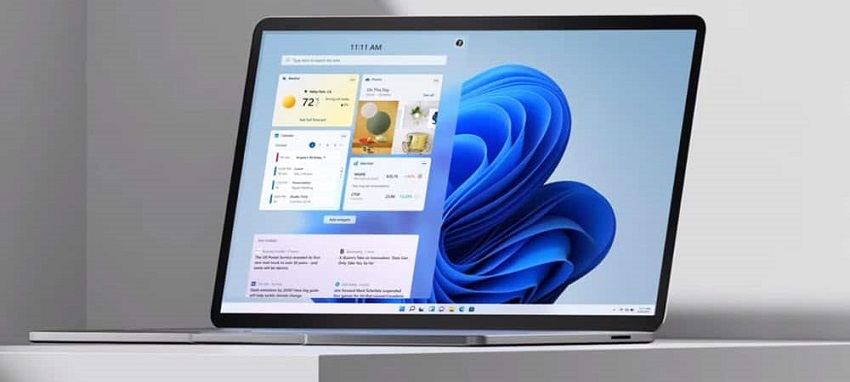
How to Reduce OS Storage: Tips and Tricks
Have you ever found yourself running out of storage space on your operating system (OS)? It can be frustrating when you’re constantly receiving notifications about low disk space or experiencing slow performance due to limited storage. Fortunately, there are several ways to reduce OS storage and optimize your system’s performance. In this article, we will explore effective strategies to help you reclaim valuable storage space and ensure your OS runs smoothly. So, let’s dive in! The article is made available by https://meditnor.org/
Evaluate and Remove Unnecessary Files and Programs
One of the most straightforward ways to free up storage space on your OS is to identify and delete unnecessary files and programs. Start by examining your Downloads folder, as it often accumulates files that you no longer need. Delete any duplicates, outdated documents, or large files that are taking up significant space.
Next, review the applications installed on your system. Uninstall programs that you no longer use or rarely utilize. Keep in mind that some applications may leave behind residual files even after uninstallation. To completely remove them, consider using an uninstaller tool or the built-in system utilities. Another useful tip to free up space on your computer is by using compress os drive disk cleanup. This feature will compress old files and free up valuable disk space. It’s a great way to keep your system running smoothly and avoid unnecessary clutter.
Utilize Cloud Storage Services
Cloud storage services offer a convenient way to store files and free up local storage space. Services like Dropbox, Google Drive, and Microsoft OneDrive allow you to upload your files to the cloud, providing easy access from any device with an internet connection.
Once you’ve uploaded your files to the cloud, you can safely delete them from your local storage. However, ensure that you have a reliable internet connection and take appropriate security measures to protect your data when using cloud storage services.
Optimize Disk Space with Disk Cleanup Tools
Most operating systems provide built-in disk cleanup tools that can help you identify and delete unnecessary files. These tools analyze your system, identify temporary files, system logs, and other items that can be safely removed to free up disk space.
On Windows, you can use the Disk Cleanup utility, which scans your system and offers options for deleting various types of files. On macOS, the Storage Management feature allows you to review and delete unnecessary files. Take advantage of these tools regularly to keep your OS storage optimized.
Utilize External Storage Devices
If you have a large collection of files that you don’t frequently access, consider offloading them to external storage devices. External hard drives, USB flash drives, or network-attached storage (NAS) systems can provide ample storage space for your files while reducing the burden on your OS storage.
By moving less frequently used files to external storage, you can free up valuable space on your OS and improve system performance. Just remember to keep your external storage devices organized and properly backed up to avoid data loss.
Streamline Your File Organization
Efficient file organization can significantly reduce clutter and optimize storage space. Create a logical folder structure and categorize your files accordingly. This way, you’ll be able to locate files more easily and avoid unnecessary duplication.
Regularly review your folders and delete files that are no longer needed. Implementing a consistent file organization strategy will not only help you reduce OS storage but also enhance your productivity by keeping your digital environment tidy and manageable.
Conclusion
Managing OS storage is essential for maintaining system performance and ensuring a smooth computing experience. By implementing the strategies outlined in this article, you can effectively reduce OS storage and optimize your operating system’s performance. Remember to regularly evaluate and remove unnecessary files and programs, utilize cloud storage services, leverage disk cleanup tools, utilize external storage devices, and streamline your file organization. By taking these steps, you’ll be able to reclaim valuable storage space and enjoy a more efficient and responsive OS.
FAQs
- Will deleting files from my OS affect my computer’s performance?
Deleting unnecessary files will actually improve your computer’s performance by freeing up storage space. However, make sure to only delete files you no longer need or have properly backed up.
- Can I use multiple cloud storage services simultaneously?
Yes, you can use multiple cloud storage services simultaneously to distribute your files across different platforms and increase your storage capacity.
- Are external storage devices reliable for long-term file storage?
External storage devices, when properly maintained and backed up, can be reliable for long-term file storage. However, it’s always recommended to have redundant backups to prevent data loss.
- How often should I perform disk cleanup on my OS?
Perform disk cleanup regularly to maintain optimal storage space. Aim to do it at least once every few months or whenever you notice your OS’s storage running low.
- Should I compress files to save storage space on my OS?
Compressing files can be a useful strategy to save storage space, especially for large files and folders. However, keep in mind that accessing compressed files may require additional time and processing power.

Sorry, the comment form is closed at this time.